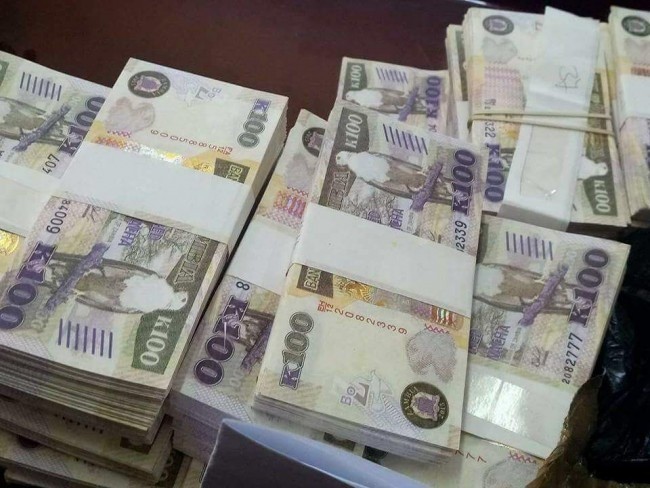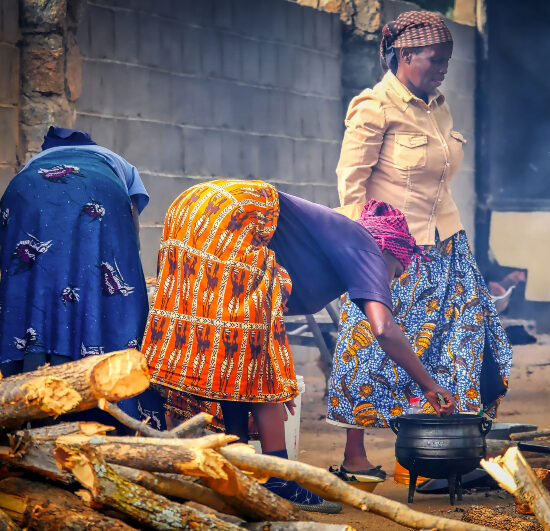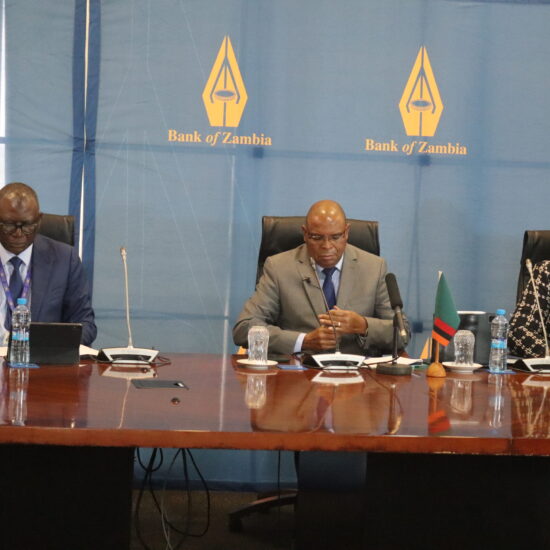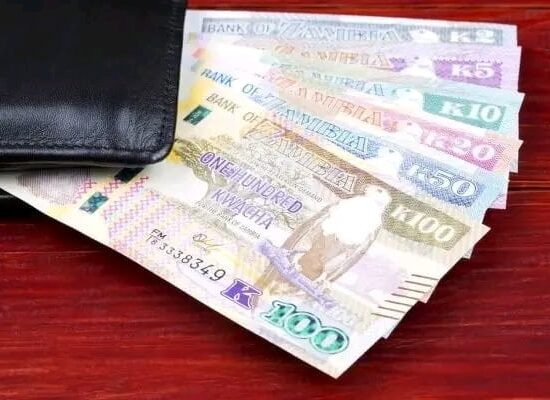
The Zambian currency, the Kwacha, has continued to come under severe pressure, recording a steep depreciation rate against the US dollar and other major convertible currencies leading to imported inflation and wiping out of value of savings and purchasing power of individuals and businesses.
Since the beginning of the second quarter of 2019, the Kwacha has weakened considerably to an average now (April 2020) crossing the K19 per 1 US dollar mark. At the beginning of 2020, the Kwacha had experienced notable pressure and was weakened by a relatively minimal percentage and was then trading at an average of about K14 per 1 US dollar.
According to the Central Bank’s (BOZ), Zambia employs a free market regime and that forces of demand and supply largely determine how the Kwacha trades against the convertible international currencies.
But analysts are now wondering whether the current state and impact of COVID has any essence of a free market economy to warrant BOZ to continue to hold on to its free market mantra? As things stand, the COVID 19 economic scenario can only be compared to “world war time scenario” in terms of the current state of global trade, travel, health and other financial and economic constraints being experienced.
To get views on how the market is keeping up, the Zambian Business Times – ZBT Contacted ZANACO head of economic research Dr. Patrick Chileshe, who attributed the recent depreciation of Kwacha to the weak external sector such as a fall in copper prices on the international market and the recent outbreak of COVID-19 globally as being among the major contributors to the current depreciation which some analysts have described as free fall.
Dr. Chileshe told ZBT in an exclusive interview that in the recent past copper prices on the market [London Metal Exchange] have dropped to below US$5,000 per metric tonne hence affecting the county’s foreign exchange earnings from copper.
He added that COVID-19 threats are also expected to dwindle the country’s economy further especially the mining industry as it has already showed negative impacts on commodity prices of all minerals on the market.
“Secondly, our inflows of foreign currencies are limited, our [Zambias] value of exports have been going down because of declining copper prices as well as production within the country which has been hit by a number of factors such as the shutdown of Mopani smelter which was under repair, the issues between ZCCM-IH and KCM, and the issues of import duty on copper concentrates from Congo DRC,” He said.
Dr. Chileshe has since advised members of the public to keep enough savings that can last them through the period of COVID -19 to avoid being under “a financial lock down” adding that the current situation has not only become a threat to the country’s economy but also affected people’s movements.
Zambia’s US dollar inflows through mineral royalties, considered to be a major source of forex for the treasury, is expected to significantly drop following the drop in copper prices globally. Minister of Finance Dr. Bwalya N’gandu recently announced the scraping of the copper concentrate import duty to shore up Zambian installed smelters output, but it remains to be seen with the global impact of COVID 19 if this move will bear results.







